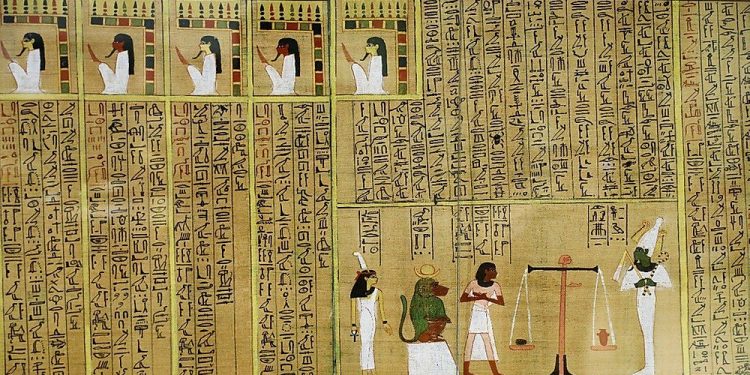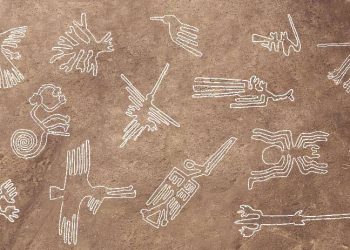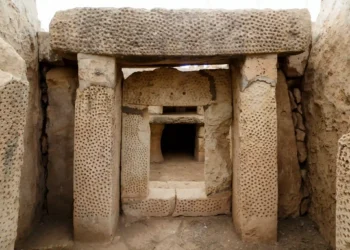Could you imagine that there are over 7000 languages in use today? At least, that is what experts believe, even though most of the population speaks less than 30 languages. Thousands of languages today are being used by isolated communities, and many will disappear within the next two or three generations. A language lost is a treasure lost, but as humanity progresses, communication and all its means evolve. Generation by generation, century by century, languages get forgotten, old ones reappear, and new ones emerge from the ashes of the lost.
There are those languages, however, that have been part of our society for millennia. These ancient scripts are not simply evolved languages people still use today but are the main reason we learn about the past. Without languages, history wouldn’t have been recorded, and humanity would not have been able to progress at such a fast pace throughout the centuries. With this said, here are five ancient languages still in use today!
5 Ancient Languages Still In Use Today
1. Hebrew
Country of Origin: Israel
Year of Origin: Unknown, around 10th Century BCE
Estimated number of active speakers: ≈ 9-10 million
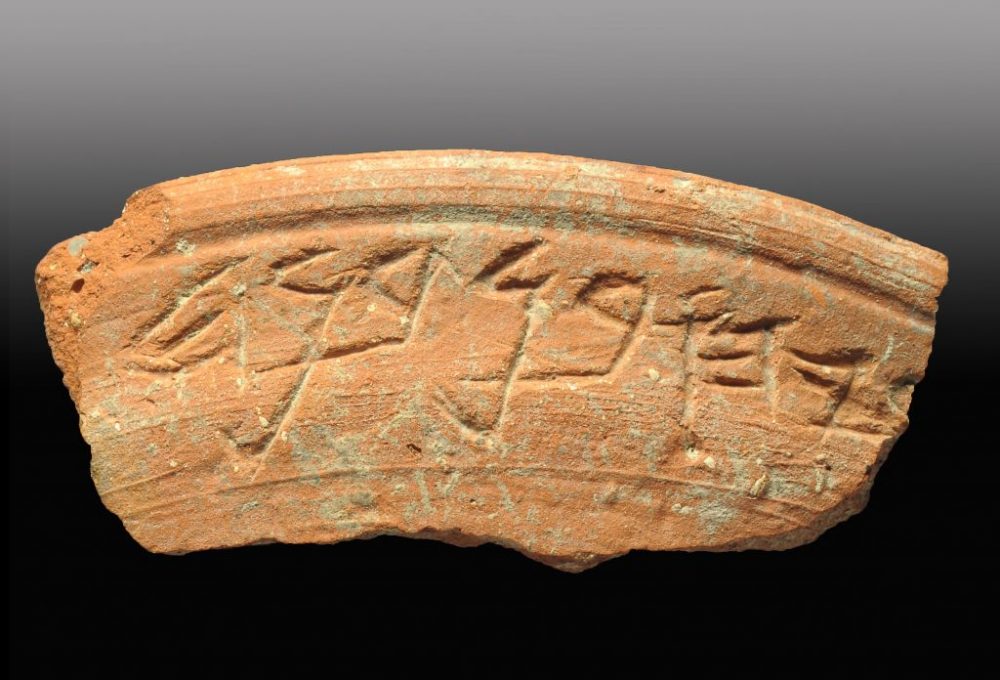
The curious fact behind Hebrew is that it was not actively spoken for more than 14 centuries since it fell out of favor around 400 CE. Until it underwent an extensive revival process around the 19th century, it was only used in liturgies worldwide. Nevertheless, Hebrew is now the official language of Israel and is spoken by not less than 9 million people.
2. Tamil
Country of Origin: India/Sri Lanka
Year of Origin: around 400 BCE
Estimated number of active speakers: ≈ 80 million
No other classical language has been in uninterrupted use apart from Tamil. Based on archaeological findings, it originates from at least 400 BC in India. The spread in modern-day is curious – it is the official language of the following countries: Singapore, Sri Lanka, and Tamil Nadu (Indian State). Moreover, it is also spoken in Malaysia and South Africa.
3. Persian (Farsi)
Country of Origin: Persian Empire
Year of Origin: Unknown, around 600 BCE
Estimated number of active speakers: ≈ 110 million
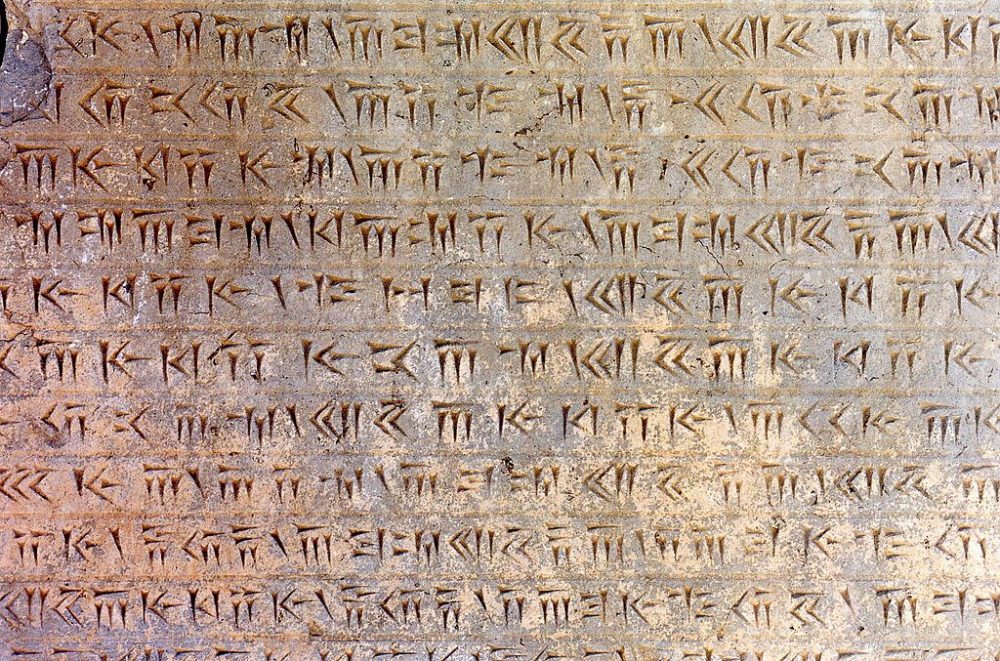
Few languages have such complex histories and origins. This is why the year we have given above – 600 BCE, can be correct and incorrect depending on your point of view. Farsi is the descendant of the Persian language used during the reign of the Persian Empire over a thousand years ago. However, 600 BCE goes way further back in time than the Persian Empire and we consider this the correct founding year (approximately) because this was around when the original Persian language had its roots.
In other words, Farsi is the evolved version of the ancient Persian language, which was the continuation of the even more ancient Middle Persian and Old Persian languages. The important factor here is that a contemporary Persian/Farsi speaker could easily translate an ancient Persian document simply because the language is nearly identical and unchanged. It is an official language in Iran, Afghanistan, and Tajikistan but is also spoken in various other countries.
4. Chinese
Country of Origin: China
Year of Origin: Earlier than 1250 BC
Estimated number of active speakers: More than 1.2 billion
China has one of those rich histories that you can spend a lifetime on and never lose interest. The history of their language spans over 3000 years based on the oldest inscriptions we have found, but we assure you, it has to be much older.
Like any other ancient language, Chinese has undergone countless changes and reformations and is one of the most complicated languages with hundreds of closely-related variations. Today, it is spoken by more than 1.2 billion natives, and who knows how many more active speakers.
5. Greek
Country of Origin: Ancient Greece
Year of Origin: Unknown, around 1450 BCE
Estimated number of active speakers: ≈ 13 million
The Greek civilization has been around forever and has had its language and script for over 30 centuries. Today, it is the official language in Greece and Cyprus and spoken in dozens of other countries.
We can freely say that Greek has always been among the most important languages in the world and Europe, from antiquity until modern days. If we consider their alphabet, it has been used as an official script for numerous languages throughout the ages, including Hebrew and Arabic.



